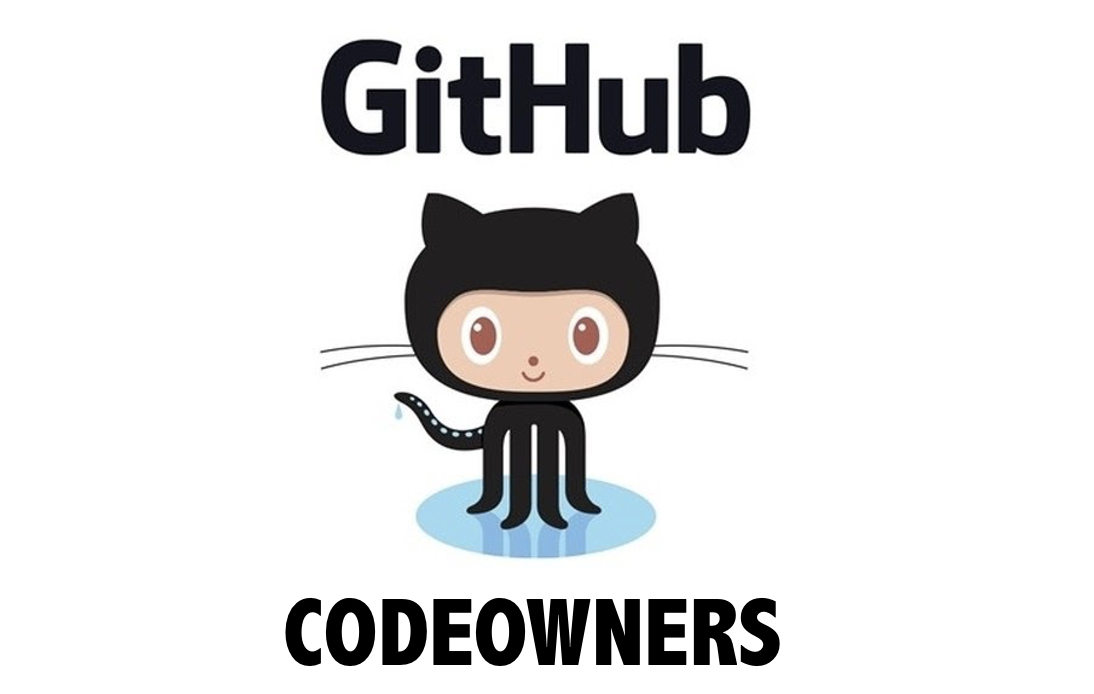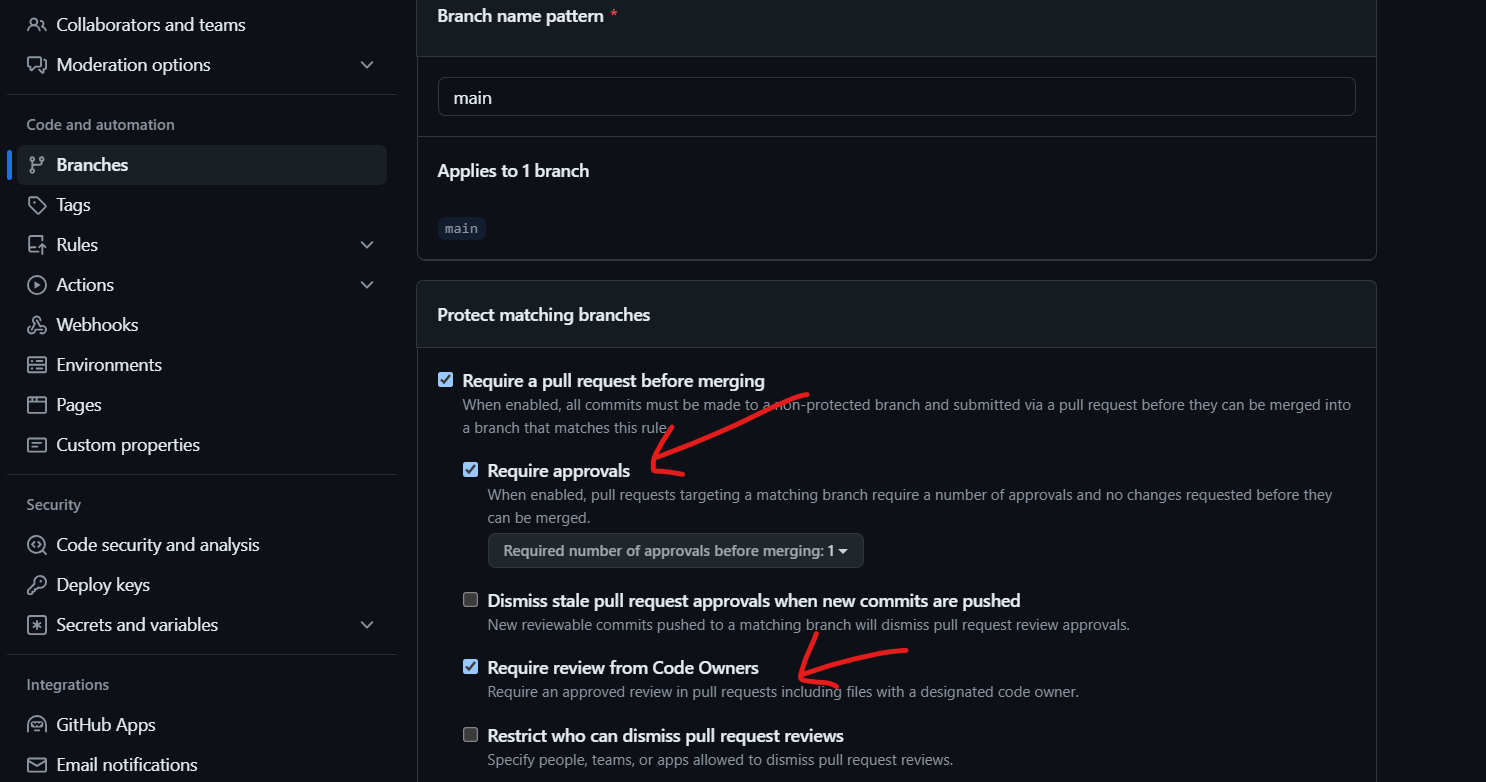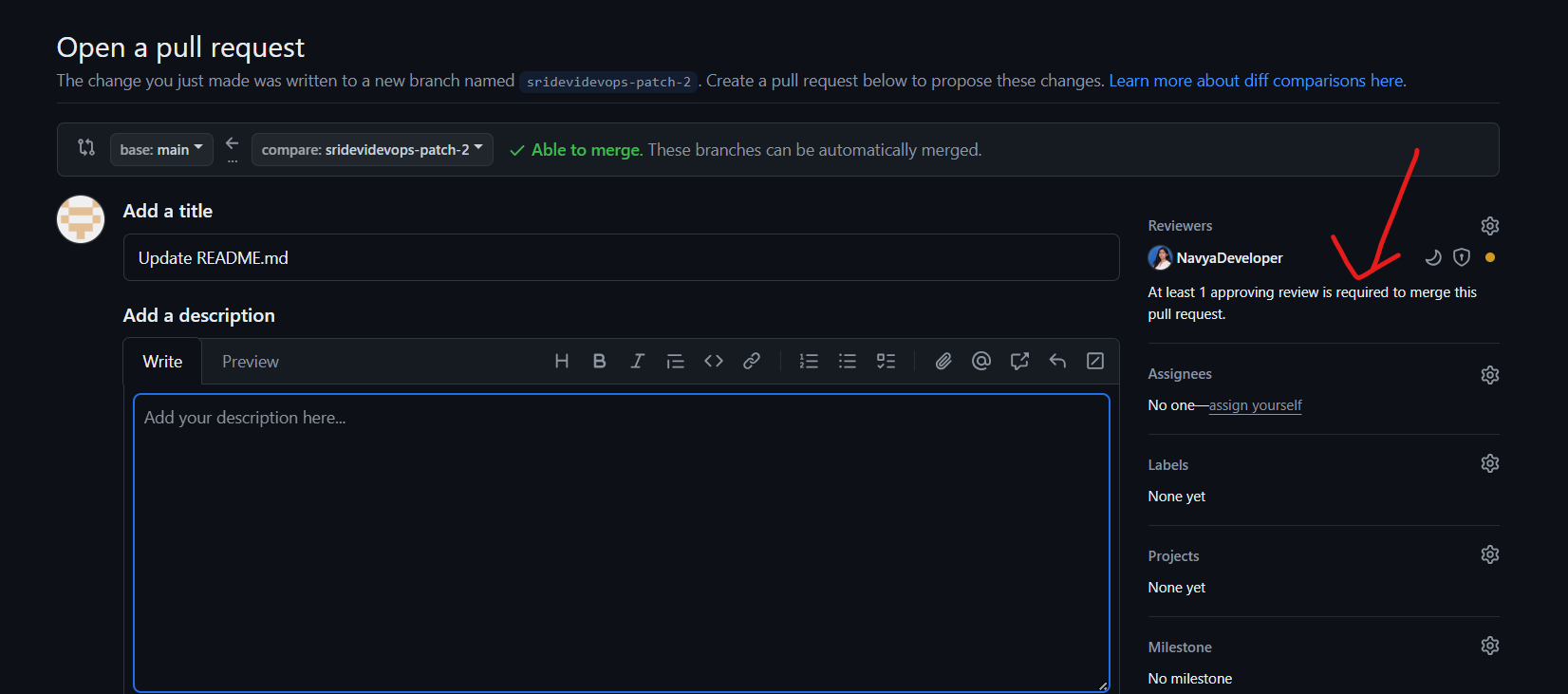Mastering GitHub CODEOWNERS: Streamlining Code Reviews in Your Organization
 Navya A
Navya A
Introduction to CODEOWNERS
GitHub's CODEOWNERS file is an invaluable feature for repository administrators aiming to streamline the code review process. By designating specific team members as "owners" of particular files or directories, any changes to these files will automatically request a review from the specified owners. This ensures that the right people are always notified about changes to critical parts of your codebase, enhancing code quality and collaboration.
Use Cases for CODEOWNERS
Ensuring Code Quality: By assigning knowledgeable team members as code owners, you ensure that code changes are reviewed by those most familiar with the relevant sections.
Streamlining Reviews: Automatic assignment of reviewers saves time and ensures consistency in the review process.
Increasing Accountability: Clearly defined ownership helps maintain high standards and accountability within the team.
Facilitating Onboarding: New team members can easily identify who to consult for specific parts of the codebase, accelerating their onboarding process.
Setting Up Branch Protection
Branch protection rules help safeguard important branches by enforcing certain workflows, such as requiring pull request reviews. Here's how to set it up:
Go to the Repository Settings:
Navigate to your repository.
Click on "Settings" in the upper right corner.
Setting Up Branch Protection Rules:
In the left sidebar, click on "Branches".
Under "Branch protection rules", click on "Add rule".
Specify the branch name pattern (e.g.,
main).
Require Pull Request Reviews:
Select "Require pull request reviews before merging".
Optionally, you can specify the number of required reviewers.
Enable CODEOWNERS for Reviewers:
- Check the box for "Require review from Code Owners".
Save Changes:
- Click on "Create" or "Save changes" to apply the branch protection rules.

Setting Up CODEOWNERS in Your Organization
Suppose you have an organization with two members, both having write access. To set up a CODEOWNERS file, you can place it either in the .github directory or in the root folder of your repository. Here's an example:
# Lines starting with '#' are comments.
# Each line is a file pattern followed by one or more owners.
# More details are here: https://help.github.com/articles/about-codeowners/
# The '*' pattern is global owners.
# Order is important. The last matching pattern has the most precedence.
# The folders are ordered as follows:
# In each subsection, folders are ordered first by depth, then alphabetically.
# This should make it easy to add new rules without breaking existing ones.
# Global rule:
* @NavyaDeveloper
Examples of CODEOWNERS File
Below are several examples demonstrating different ways to set up a CODEOWNERS file:
Example 1: Basic Ownership
Assigning a global owner to all files:
* @NavyaDeveloper
Example 2: Directory-Specific Owners
Assigning different owners to specific directories:
# Owner for everything in the `docs` directory
/docs/ @DocExpert
# Owner for everything in the `src` directory
/src/ @CodeMaster
# the octocats team in the octo-org organization owns all .txt files.
*.txt @octo-org/octocats
Example 3: File-Specific Owners
Assigning owners to specific files:
# Owner for specific files
README.md @ReadmeOwner
index.html @HtmlExpert
Example 4: Multiple Owners
Assigning multiple owners to a file or directory:
# Multiple owners for the `config` directory
/config/ @ConfigExpert @BackupConfigExpert
Automating Reviewers with CODEOWNERS
When a pull request is made, the reviewers specified in the CODEOWNERS file are automatically requested for a review. This not only saves time but also ensures that the right experts are always involved in the review process.

Conclusion
GitHub's CODEOWNERS file is a powerful tool for managing code reviews, ensuring quality, and enhancing collaboration within your team. By clearly defining ownership and automating the review process, you can maintain high standards and streamline workflows. Implementing CODEOWNERS effectively can transform the way your team handles code changes, making your development process more efficient and robust.
Embrace CODEOWNERS in your organization today and experience the benefits of improved code quality and streamlined collaboration.
Subscribe to my newsletter
Read articles from Navya A directly inside your inbox. Subscribe to the newsletter, and don't miss out.
Written by

Navya A
Navya A
👋 Welcome to my Hashnode profile! I'm a passionate technologist with expertise in AWS, DevOps, Kubernetes, Terraform, Datree, and various cloud technologies. Here's a glimpse into what I bring to the table: 🌟 Cloud Aficionado: I thrive in the world of cloud technologies, particularly AWS. From architecting scalable infrastructure to optimizing cost efficiency, I love diving deep into the AWS ecosystem and crafting robust solutions. 🚀 DevOps Champion: As a DevOps enthusiast, I embrace the culture of collaboration and continuous improvement. I specialize in streamlining development workflows, implementing CI/CD pipelines, and automating infrastructure deployment using modern tools like Kubernetes. ⛵ Kubernetes Navigator: Navigating the seas of containerization is my forte. With a solid grasp on Kubernetes, I orchestrate containerized applications, manage deployments, and ensure seamless scalability while maximizing resource utilization. 🏗️ Terraform Magician: Building infrastructure as code is where I excel. With Terraform, I conjure up infrastructure blueprints, define infrastructure-as-code, and provision resources across multiple cloud platforms, ensuring consistent and reproducible deployments. 🌳 Datree Guardian: In my quest for secure and compliant code, I leverage Datree to enforce best practices and prevent misconfigurations. I'm passionate about maintaining code quality, security, and reliability in every project I undertake. 🌐 Cloud Explorer: The ever-evolving cloud landscape fascinates me, and I'm constantly exploring new technologies and trends. From serverless architectures to big data analytics, I'm eager to stay ahead of the curve and help you harness the full potential of the cloud. Whether you need assistance in designing scalable architectures, optimizing your infrastructure, or enhancing your DevOps practices, I'm here to collaborate and share my knowledge. Let's embark on a journey together, where we leverage cutting-edge technologies to build robust and efficient solutions in the cloud! 🚀💻